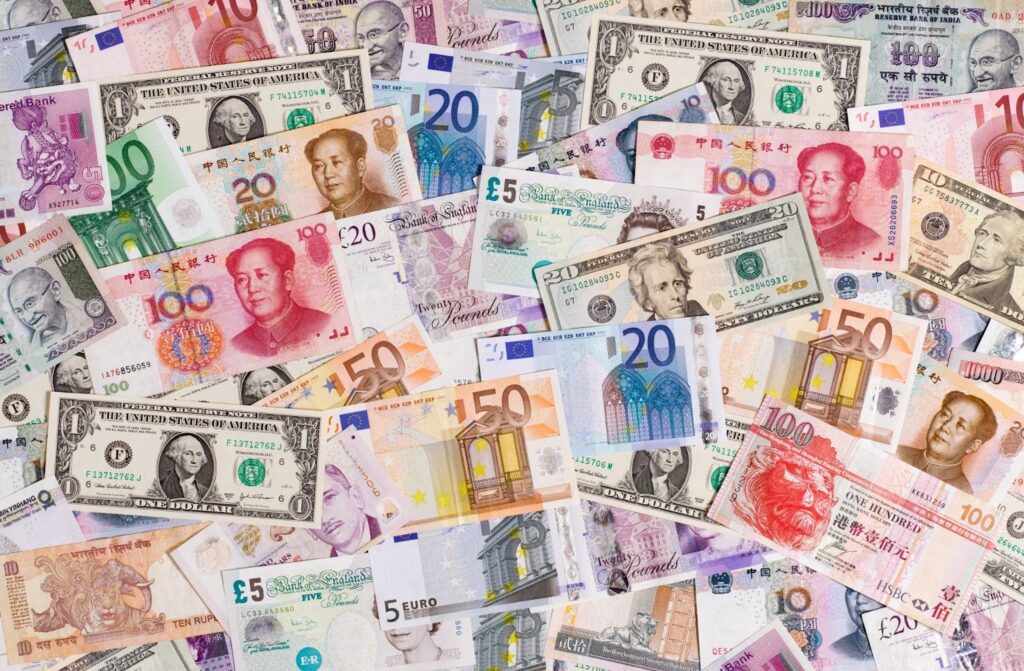The modern global economy is evolving rapidly and growing ever more interconnected. To understand how this changing international dynamic impacts rising business leaders, we talked with Dr. Monica Toft, the academic dean and professor of international politics and the director of the Center for Strategic Studies at Tufts University’s Fletcher School of Law and Diplomacy. A former sergeant in the US Army, Toft is competent in multiple languages, an accomplished academic, and a successful author who regularly engages with policymakers.
Toft sees the collapse of the Soviet Union as an important inflection point in globalization, after which a number of “resource-rich and advanced industrial countries opened up to the global economy.”
“Today’s global business professionals need to have an understanding of what happens when new markets emerge. The collapse of the Soviet Union resulted in new opportunities in countries with large, skilled populations and significant resources that remain available for integration into the global economy.”
Navigating business dynamics that may diverge greatly from familiar political and economic norms can be difficult without the proper education and experience. The Fletcher School’s online Master of Global Business Administration (GBA) program provides a unique perspective on the intersection of global politics and international business that distinguishes it from global MBA programs at other universities. Experts like Dr. Toft, who earned her Ph.D. in political science from the University of Chicago and is both a Carnegie and Fulbright Scholar, address challenges that are specific to the international field to prepare future business leaders to make a positive global impact. Read more of our discussion below.
Approach Business From a Multidisciplinary Global Perspective
Build a Skill Set Targeted to International Business Leadership
What do emerging global business professionals today need to understand about how the end of the Cold War impacted the global business climate?
When the Soviet Union collapsed, it wasn’t part of the Western political economy; the Soviet bloc traded amongst the members of the communist bloc. And so, when it fell, all of these resource-rich and advanced industrial countries became available for integration into the global economy.
Today’s global business professionals need to have an understanding of what happens when new markets emerge. A critical question is “How do we go about integrating large populations and significant resources into the global economy?” Think about when China began opening up in the 1990s and into the 2000s. A similar kind of dynamic occurred in post-WWII efforts to integrate new markets, new consumers, and new politics into the pre-existing Western liberal order—the GATT (later World Trade Organization), the IMF, the whole Bretton Woods agreement. China is no longer a trading partner, but a rival that seeks to alter core elements of the Western liberal order to match its own vision and enhance its own relative wealth and power.
So globalization adds complexity and impacts the way businesses can operate?
Yes. Contemporary China is a prime example. It would like to remain part of the global economy, obviously, but it does not fully accept the pre-existing rules. Today it has the political and economic power to be able to insist on some changes to those rules. Think about what that means for international companies, to set up shop in new places with new rules.
Consider also the current Russian war in Ukraine. Under President Vladimir Putin, Russia has decisively abandoned the Western Order and the West and its allies have imposed significant sanctions and restrictions on the Russian economy and market. Putin is trying to keep his economy afloat, aligning with whatever states he can, to include China, India and North Korea. China is trying to stay neutral, but in doing so it is helping Putin stay in power by dissipating the worst of the sanctions that have been imposed.
And there are other countries, like India, which maintained neutrality during the Cold War and—surprise, surprise—are maintaining a neutral position now with the war in Ukraine while still taking advantage of some of the benefits (notably cheaper gas and oil) coming out of the Russian Federation. That further complicates the situation; India is a big country with lots of resources and a huge population, now the largest in the world. It was able to play sides off one another during the Cold War and it’s flexing that muscle again today.
The current global business climate really shows us just how interconnected the world is. It’s absolutely vital for business students to be aware of these international and global changes.
Earning Your GBA at Tufts: The Fletcher Difference
The Fletcher School, the graduate school of global affairs at Tufts University, offers a unique and immersive global educational experience. Its online Master of Global Business Administration (GBA) goes beyond the typical global MBA education by combining business and international affairs, providing a deeper understanding of legal, social, political, and economic factors from a global perspective.
Students in this 16–24 month online program engage with faculty and classmates in real time through live classes, in-person immersions, and study sessions supplemented by asynchronous multimedia course work. A curriculum that covers international law, corporate finance, and international strategy helps students develop core business competencies within a broader context to promote informed, nuanced business practices.
To find out more about the program, contact an enrollment advisor or attend a virtual admissions event. You’ll learn about the degree requirements, tuition and financial aid, and what to expect as a student in the program. If you’re ready to get started, begin your application today.
